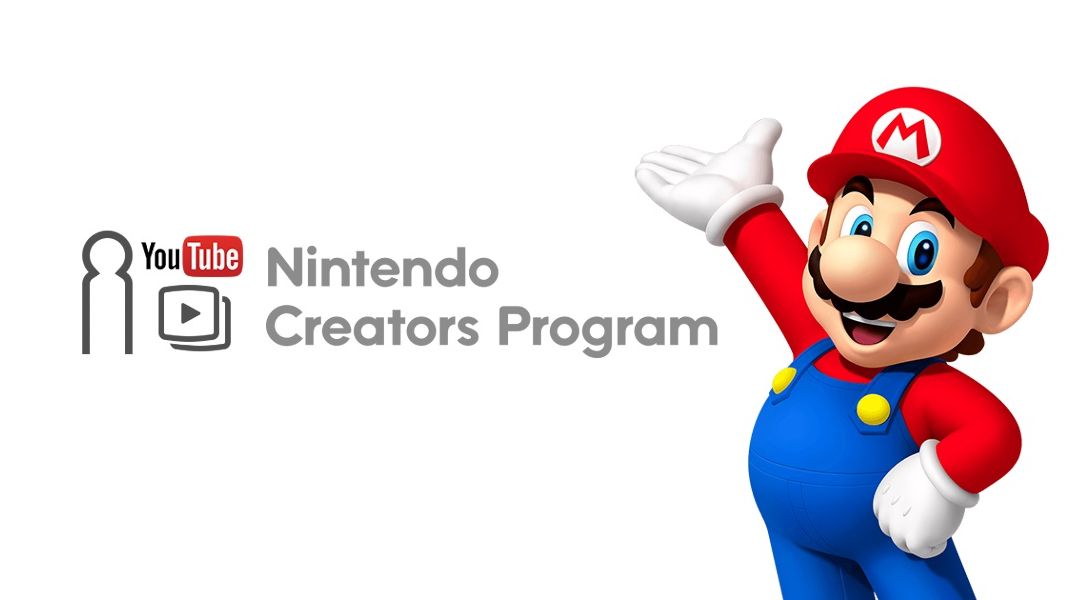Nintendo made a surprising but welcome announcement on Wednesday regarding its Nintendo Creators Program for YouTube and other platforms. The program, which requires content creators to enter into a contract and share their monetization profits with Nintendo, is officially ending. While current Nintendo Creators Program contracts will remain live through the end of December, all content creators can now begin making and monetizing Nintendo-related videos based on a new set of guidelines.
Without listing every detail of the new guideline, the basic idea is that anyone can livestream or create videos featuring Nintendo content and can also monetize that content so long as it's done in a legal fashion. Nintendo, of course, reserves the right to make the final call on all content publication. Authorized monetization, for the time being, will be limited to specific platforms including Twitch, Youtube, Facebook, and others.
The decision stands as a dramatic and constructive shift for Nintendo, whose Creators Program was considered heavy-handed, unnecessary, and punishing. To go from all content requiring official approval from Nintendo, followed by sharing a majority of monetization profits, to a system that requires zero official guidance is guaranteed to be met with excitement among both content creators and fans of Nintendo.
Nintendo's new guideline isn't entirely freeing and without oversight, however. In fact, the new guideline still has what could be considered some somewhat severe rules compared to the extremely freeing rules set by other publishers. In particular, content creators should still go out of their way to avoid breaking the following two rules when streaming or creating videos:
- Videos and images that contain mere copies of Nintendo Game Content without creative input or commentary are not permitted.
- Do not stream or upload tournaments that aren't Nintendo-authorized.
These two rules make for some ambiguity regarding things like no-commentary Let's Play videos or livestreamed speed runs with little or no commentary. And the lack of support for tournaments is likely going to be a frustrating rule for small gaming communities and groups after Super Smash Bros. Ultimate is released. The severity of the rules ultimately comes down to how aggressively Nintendo enforces them. Content creators should likely play it safe until Nintendo's enforcement is better known.
The final detail worth pointing out is that Nintendo reserves the right to take down videos or streams that are "unlawful, infringing, or inappropriate." Unlawful and infringing are understandable and transparent terms, but the use of "inappropriate" gives Nintendo more than enough power to pull down any video it chooses. Again, this may be a non-issue depending on the severity of Nintendo's enforcement, but don't be surprised to hear a YouTuber claiming Nintendo is censoring them for "inappropriate" content before too long.
Nintendo's new guideline for online video and image sharing has already gone into effect, so feel free to share and monetize any Nintendo content going forward. There's no need to wait for the official end of the Nintendo Creator's Program.

